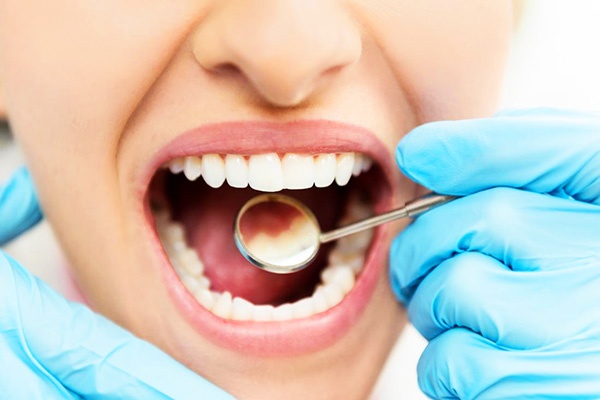Put simply, cavities are holes in your teeth. Dentists say that cavities are a form of tooth decay, and their presence is basically a telltale sign that the pearly whites are weak.
By the way, cavities are sometimes referred to as dental carries, and experts say that more that 3 million cases of cavities happen per year in the US, making it the second-most widespread health problem in the country.
Having cavities repaired right away is of utmost importance. Otherwise, they can grow bigger and bigger, and may cause significant damage to the teeth — including the pulp where there are nerves and blood supply!
Unfortunately, a lot of people who have cavities do not know that they already have them. So what usually happens is those cavities continue to grow until such time they are causing all sorts of problems.
Needless to say, it’s a must for cavities to be identified and repaired as soon as they show up. Here are some of the signs that you may have cavities and must visit your dentist:
Opaque or White Spots
When you flash a smile in front of a mirror, do you notice spots on your teeth that are either opaque or white? Those are actually the early beginnings of cavities, according to dental experts.
Usually, those spots are near the gum line — a place that is dear to bacteria, and thus highly prone to the development of dental plaque, which is a sticky film that can cause damage to both teeth and gums.
Noticeable Holes
If you can see holes in your teeth, then there is no denying that you have cavities. Having cavities is a sign that the enamel isn’t strong enough to safeguard your teeth from plaque.
The problem is you cannot spot all of the holes in your teeth — some of them may be present in areas that you cannot see while you are in front of a mirror taking a good look at your pearly whites.
Increased Sensitivity
You may have cavities if you experience pain or discomfort when consuming something very hot or very cold. The same is true if you are laughing or talking, or breathing through your mouth.
Cavities can grow bigger and bigger until they expose the part of your teeth called pulp, which has nerve endings in it. And when those nerve endings come into contact with the environment, pain and discomfort can be felt.
Swollen Gums
Once cavities have reached the pulp, the bacteria it harbors can then have easy access to the tissues and bones that surround your teeth, and they can also wreak havoc to the gums.
When those bacteria reach the gums, they can cause your gums to become swollen. It’s important to address gum swelling right away because if it worsens it may lead to damage that is irreversible.
Bad Breath
Those cavities in your teeth can cause food particles to get lodged in them. With the passing of time, those trapped food particles undergo bacterial action, which gives off foul odor.
It’s because of this reason why bad breath is one of the many telltale signs of cavities. To keep bad breath at bay, you have to constantly get rid of food particles in the cavities by brushing after every meal.
An Unpleasant Taste
Other than bad breath, those food particles that are trapped in the cavities can also cause your mouth to have a certain taste, and more often than not it is quite unpleasant.
Again, it’s due to the action of bacteria on those food particles that have collected in the cavities. Brushing your teeth and/or using a mouthwash can make that unpleasant taste in your mouth go away.













